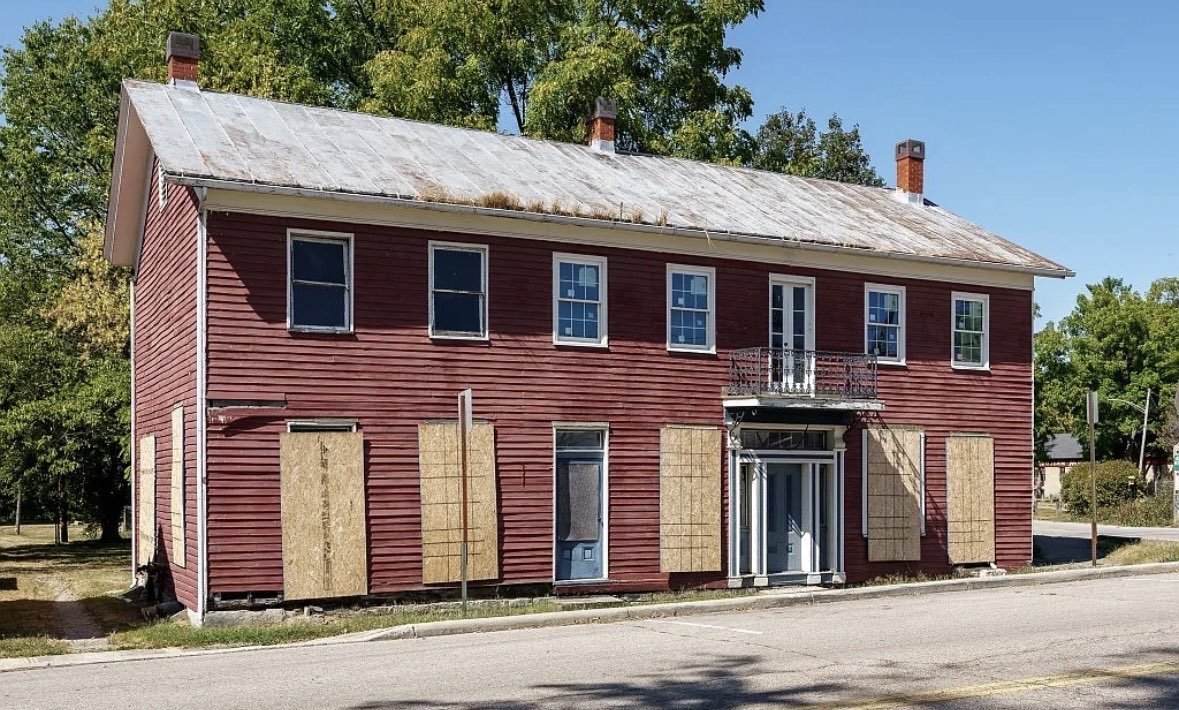The long term goal is to have a large campus or hub that provides community, support, education, lifeskills training, mentorship, and temporary housing. This facility would consist of classrooms, gathering rooms, a large kitchen and dining area, and individual bathroom and bedrooms. Upon individual readiness, the young adults will be able to move off campus and be assisted in finding independent housing. They will be able to stay connected to Forested Families for ongoing community, support, and family engagement (such as family meals, holidays, and celebrations), and once independent living is attained, they will continue to receive support and maintain relationships with mentors and families throughout their lives.
However, in order to begin we know we need to begin with a small pilot program. This program will enable us to learn how best to serve these individuals while growing awareness, funding, and opportunities for volunteer support. What follows is the developing plan for the pilot program.
The Forested Families Pilot Program will be based in a large home that has just recently been purchased. Right now, we are in the process of beginning renovations on this house and it will serve as a refuge for these youth—offering not just shelter, but a place that is safe and consistent where they can learn, grow, and become connected to a supportive community. This project is so much more than bricks and mortar; it’s about offering hope, stability, and opportunity to those who need it most.

Unfortunately, it has been uninhabited for over 50 years and is in need of a complete renovation. While the scope of work is considerable, we firmly believe this is a project worth investing in—not only for its potential to provide a safe and supportive environment for youth who have aged out of foster care, but also for its ability to revitalize the surrounding neighborhood. Restoring this home will not only provide housing, but it will also serve as a symbol of hope and renewal, bringing new life to a space that has long stood vacant. We see this as a tremendous opportunity to benefit both the young people who will call it home and the entire town, creating a lasting, positive impact for generations to come.
Once the home is completed a host family will live and maintain the house. The adults in the host family will oversee the program and provide guidance to the participants. Other volunteers will also play a key role by teaching workshops and offering mentorship.
The program will serve one to four young women who have recently aged out of the foster care system. Participation is by referral and through an application process. Once a participant is selected and agrees to the terms of living in the house, an intake form will be completed to assess her individual needs and goals. From there, a personalized plan will be developed to help her achieve those goals, with guidance from the host family and volunteers.
Program offerings will include:
- Assistance in obtaining essential documents (e.g., birth certificate, Social Security card)
- Help with acquiring a driver’s license
- Support in obtaining a GED
- Guidance toward career, trade school, or college
- Assistance with school applications and finding grants and scholarships
- Financial counseling and budgeting skills
- Life skills training, such as cooking, cleaning, and healthy living
Each participant’s plan will be tailored to her specific needs, and the timeline will vary accordingly. While living in a safe, supportive home environment, participants will experience the warmth and connection of family life, including shared meals, celebrating birthdays and milestones, and participating in trips and vacations. They will also learn how to share a home with others in healthy ways, fostering teamwork, compromise, and mutual support.
When a participant is ready to transition to independent living, the program will assist in finding a safe and affordable place for her to live. If available, she will be guided in applying for housing assistance. Even after moving out, she will remain connected to the program, the host family, and the volunteers, ensuring ongoing support and resources as she continues to navigate through life.
